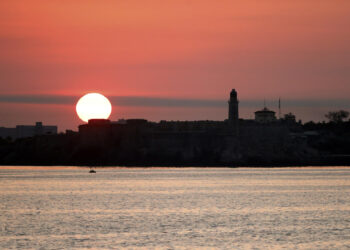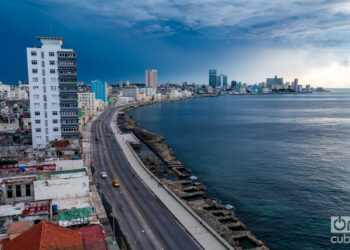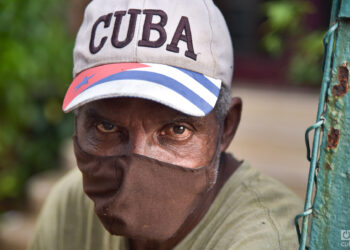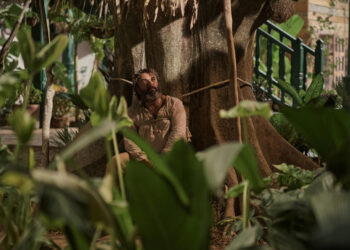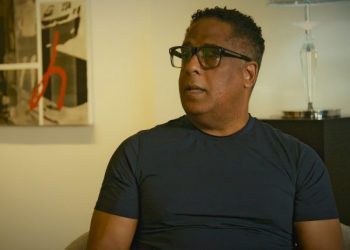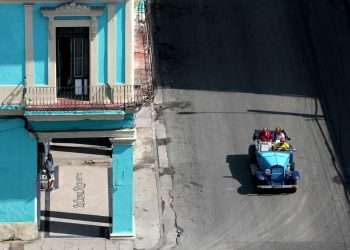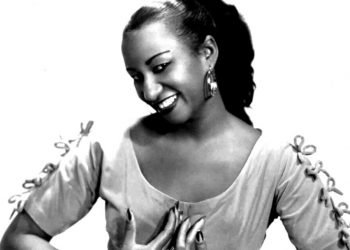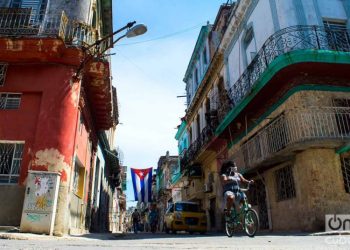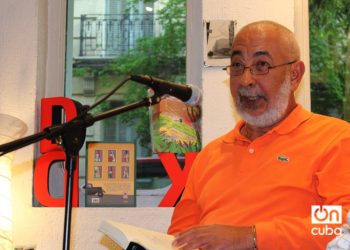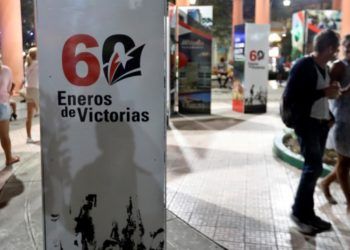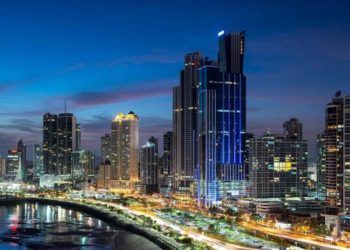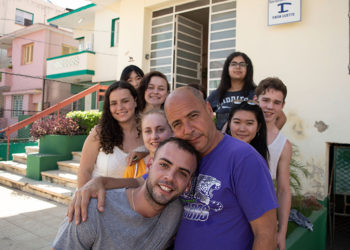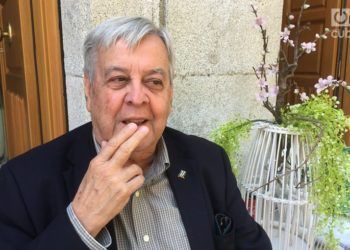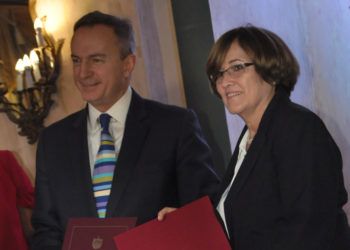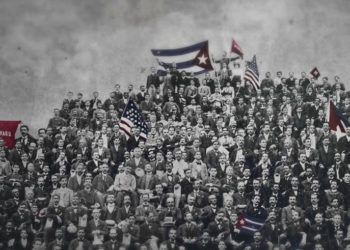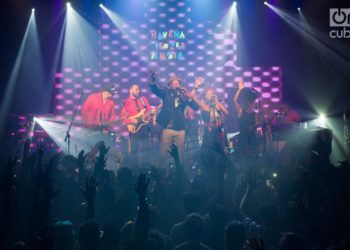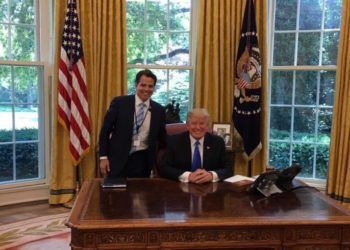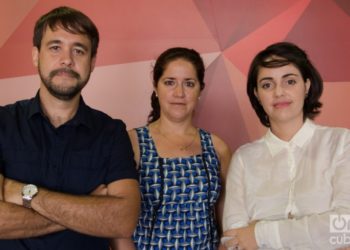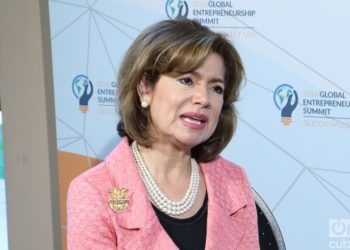Joe García: “Justice implies the future. Revenge doesn’t”
We arranged to meet via video call. Before I entered the virtual meeting, during the few minutes I waited, I noticed the profile picture of lawyer, businessman, and former congressman Joe García (Miami Beach, 1963), with whom I was going to speak for the second time in recent weeks, interested in the impact of Trump’s policies on Cubans. I had time to decide that that photo would be the starting point for the interview. In the image, García appears greeting Barack Obama, the architect of the brief thaw between Cuba and the United States that began in late 2014 and ended in January 2017 with the arrival of the Trump-Pence administration to the White House. “One of many,” he tells me when I mention that his photo, so political, caught my attention. We are living in a very different time from that attempt at normalization of relations between the two countries, and I can’t help but begin the dialogue by drawing on those memories already shrouded in nostalgia. That is probably the most poignant and everyday feeling among those of us who suffer from physical distance from Cuba. But in Miami, more than anywhere else, nostalgia for Cuba is at...

